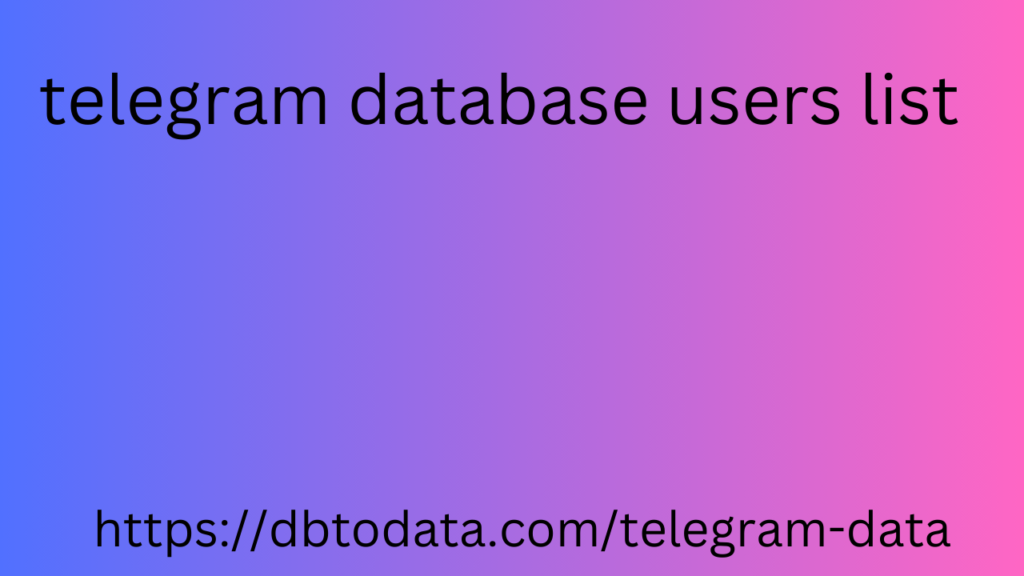I’m about to board a plane to Barcelona. I’ll be in meetings all morning. I’ve also used lunchtime for networking and in the afternoon I’m teaching the Facebook Ads Course. Then a friend picks me up because this time I won’t be making the round trip on the same day and so I can find out more about his life than a phone call would giveThe only time I have to write and schedule the daily post is during the flight. So I’ve already started writing while I watch the first passengers boarding. Why am I telling you about my life?
Why an editorial calendar isn’t for everyone
I consider myself a creative person, so my posts come vietnam telegram data out spontaneously and on impulse. I still don’t know what I’ll write about tomorrow, but the experience of the last 3 years has shown me that I don’t have to worry about that because I’ll find it.
Many readers have asked me if I use an editorial calendar to be able to publish with such a high frequency. Before continuing, let’s briefly answer what an editorial calendar consists of. As the name indicates, it is a document that supports the blogger in planning the topics for his blog . This way you know 1-4 weeks in advance what you are going to write.
I’ll be honest with you. An editorial calendar would amazon advertising guide for sellers kill my blog because it would kill creativity . This is my particular case, but on a day like today, having to write about a topic that I’ve planned for weeks would be extremely complicated. When I’m under pressure, I need to write about something that comes naturally and that I feel I need to write about at that moment. It’s rich data very likely that an editorial calendar would rarely fit with my topic preferences.
How an editorial calendar could work well
It’s clear that what works for me doesn’t necessarily work for someone else. There are bloggers who need a plan because they have a different personality than I do . There are people who need the security that comes with planning. I “make up” content as I write, whereas others may have already invested hours of research and have a plan before they start writing. It’s also clear that if you’re a journalist or writing is your profession, some kind of planning is probably unavoidable even for the most creative people.
In these cases, it can also be helpful to leave some room for being spontaneous. My ideal editorial calendar would work like this:
50/50 Planning with a margin : There must always be room for creativity. The best ideas can come in the moment and require immediate writing so they don’t disappear like a fleeting thought.
Topics can be moved : although I have planned to write about “vegetarian cooking” on Tuesday, I have to have the flexibility to move the topics and move forward with “vegetarian recipes with fruit,” which was planned for
Thursday but now I feel like doing it more
Weekly changes : Let’s say I plan my topics 4 weeks in advance. In this case it may make sense to apply a weekly review to move, modify, add and delete ideas from the editorial calendar. With each passing day we know more than the day before and that should be reflected in the blog in that way at all times.
An editorial calendar is not for everyone, but it can work for many. There is no need to feel guilty about having one, because you won’t be the only oddball in that regard. When your publishing frequency increases and you get paid to write, it can be a tool that makes sense to improve your planning. Still, you should reserve time and design it in a flexible way. So that you don’t lose the creative side of you.

